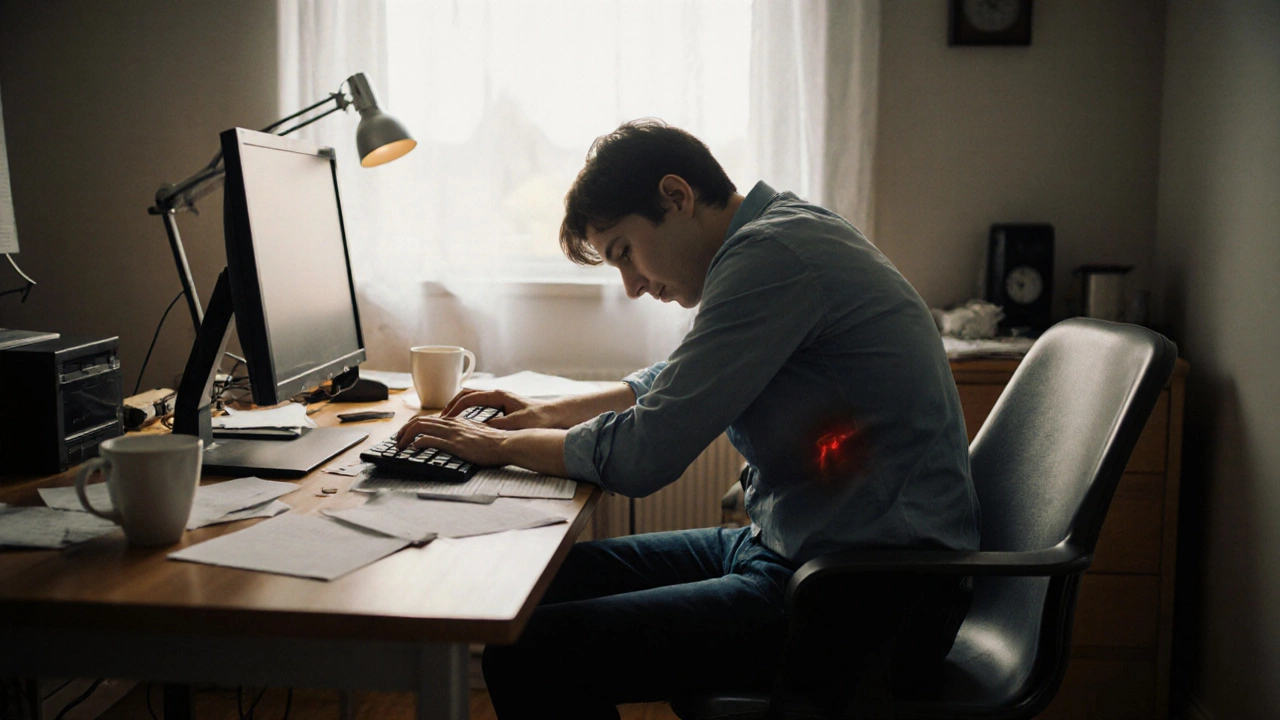Desk Chair: Find the Best Ergonomic Seat for Work and Comfort
When you sit at a desk for hours, your desk chair, a piece of furniture designed to support seated work, often for long periods. Also known as an office chair, it’s not just a place to sit—it’s the foundation of your daily posture, focus, and even long-term health. A bad desk chair can turn a simple workday into a nightmare of aching shoulders, stiff lower back, and tired eyes. But a good one? It works quietly in the background, helping you stay alert, comfortable, and injury-free.
Many people think all chairs are the same, but that’s not true. A chair without armrests, a type of seating that lacks support for the arms, often leading to shoulder strain might look sleek, but it forces your upper body to work harder just to hold your arms up. Meanwhile, a proper ergonomic chair, a chair designed to fit the natural curves of the human body and reduce physical stress during prolonged sitting has adjustable height, lumbar support, and often swivel and tilt features. These aren’t luxury add-ons—they’re basic tools for keeping your spine aligned and your muscles relaxed. Studies show that people using ergonomic chairs report fewer back problems and higher productivity over time.
It’s not just about the chair itself—it’s about how you use it. Where you place your feet, how high your screen is, even how often you stand up matter just as much. A great desk chair won’t fix a bad setup, but it can make a huge difference if paired with smart habits. You don’t need to spend thousands. You just need to know what to look for: sturdy frame, breathable fabric, smooth height adjustment, and a backrest that actually follows the curve of your spine.
What you’ll find below are real, practical guides from people who’ve been there—struggling with stiff backs, awkward seating, and cheap chairs that broke after six months. We’ve pulled together posts that cut through the noise. You’ll learn why some chairs hurt more than they help, how to spot a quality build before you buy, and what features actually matter after the first week of use. No fluff. No marketing buzzwords. Just clear, honest advice on finding a desk chair that works for your body, your space, and your budget.
How Much Difference Does a Good Office Chair Make? Real Impact on Comfort, Productivity, and Health
A good office chair reduces back pain, boosts focus, and protects your long-term health. The difference isn’t subtle-it’s measurable in productivity, comfort, and medical costs.
View more